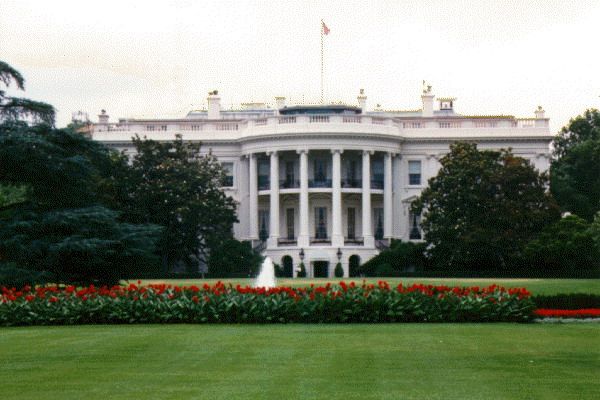It’s all about federal Fuel Economy Standards. The Senate and House have both passed an energy bill. But the Senate version includes an enormous and costly increase in the required Corporate Average Fuel Economy standard. The House version includes no increase, though the initial version of the House bill had included a softer increase than adopted in the Senate.
One of the most criticized elements of the Senate bill is that it imposes the same economy standard on trucks as for cars.
The White House has now announced that, if the bill ultimately adopted by the Congress imposes an identical fuel economy standard for cars and trucks, the President will veto it.
The news must come as music to the ears of a Democrat: John Dingell of Michigan, the chairman of the House Energy Subcommittee.
Dingel was the target of an unprecedented legislative stunt pulled only days ago by House Speaker Pelosi and Senate Majority Leader Reid. Though ironing out differences between versions of legislation passed in each house is typically handled by a conference committee of members from both House and Senate, Pelosi and Reid pulled the energy bill from the conference committee and said they would write the “compromise” legislation themselves. The move was clearly designed as an end-run around Dingell, whose position as chair of the energy committee gives him jurisdiction over the subject matter of the legislation in the House and who adamantly opposes the Senate bill. But, both Pelosi and Reid have advocated the Senate bill. Dingell, whose district includes Detroit, has forcefully argues that the Senate version is unfair because it imposes extraordinary environmental costs on auto workers and automakers, while leaving most other industries untouched, all to accomplish almost nothing in the overall environmental picture.
Automakers, including Toyota, have said that meeting the Senate standards will add a least $5,000 to the cost of a new car and some safety advocates have predicted an increase in the highway death toll from lighter cars required to meet the fuel economy standard.
Tuesday, however, the White House sent a letter to Pelosi and other Congressional leaders outlining the legislation which the President will accept and stating that the president’s advisors would recommend the vetoing of any legislation not within that framework. The administration simultaneously said that meeting the Senate bill’s requirements would cost the automakers more than $85 billion. The Senate bill would raise economy standards for both cars and trucks to 35 mpg by 2020. The House version establishes the 35 mpg standard in 2022 and only for cars, with trucks allowed a lower mileage standard.
The UAW has backed the Senate bill, in the foolish belief that its provisions would keep small car production in the United States. In reality, the substantial costs which the automakers would be incurring to meet the standards virtually guarantee that production of cars and trucks will shift to foreign countries where labor costs are significantly lower. The only way automakers could possibly compete with imported brands, should these standards be adopted, would be to secure similarly lower labor costs by moving production out of the United States.
The White House recently vetoed another bill which would have extended taxpayer paid health insurance coverage to all those under age 28 with family incomes below $80,000. Though the President has vetoed very few bills in his two terms in office, he had a Republican Congress for most of that time, the most recent veto suggests that the President is now more willing to exercise that power to control the actions of a Congress controlled by the Democrats.
Whether a veto will allow Detroit any real sigh of relief is, however, unclear. Rather than accept a lower standard, Pelosi and Reid could end up setting aside the whole issue in the hope that a Democrat will be elected to the Presidency in the next election. That would leave the automakers in a position where they would find it very hard to make any meaningful long-range product plans. It would also probably encourage the current trend toward shifting investment overseas. The automakers would, for that reason, probably prefer that legislation be passed in this Congress setting a new and higher standard, but one low enough that they can reasonably expect to meet it.

